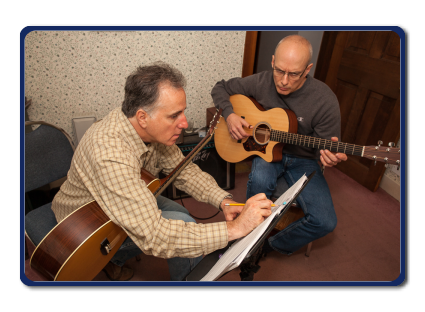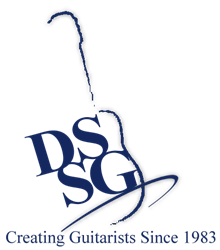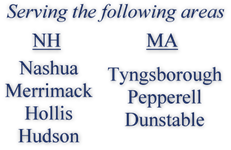Guitar School Overview
Don Sanni has been teaching guitar and bass for more than 25 years, and is one of the most sought after teachers in the Nashua area. His students range from the casual player just looking to have fun at home, to someone who wants to play professionally, as well as everyone in between. Many of his students have gone on to play in local club bands, many writing and recording there own music. Others have gone on to study music at a college level, attending schools such as Berkl ee School of Music, New England Conservatory, Guitar Institute, UNH, Keene State, and Plymouth State College. Don is a very versatile player and teaches a wide variety of guitar and bass styles, as well as music theory, beginners are more than welcome.
ee School of Music, New England Conservatory, Guitar Institute, UNH, Keene State, and Plymouth State College. Don is a very versatile player and teaches a wide variety of guitar and bass styles, as well as music theory, beginners are more than welcome.
Guitar and Bass lessons are private, half hour lessons. Hour lessons are also offered, and would be recommended for intermediate and advanced players.
What you’ll need
For your first lesson, you’ll want to bring two things. First is your guitar, it can be acoustic or electric. If it’s electric you won’t need to bring in the amp or cord. Second, you will also need a spiral notebook, just a regular one that you would use in school. If a method book is to be used, it will be determined after the first lesson. One note, if you are planning on buying a guitar for a child, 11 or younger, I would recommend a three quarter size or even half size guitar, acoustic or electric. It will be a lot more manageable for smaller kids.
A guitar tuner is something that you will need right away. They can be had for less than $20 at any music store. Once you’ve been playing a few weeks, and it feels like your going to stick with it, you will want to pick up a metronome. This is an invaluable tool used to build steady timing and strong technique. It also sells for less than $20, and for a little more you can buy a combination metronome/tuner. However, it isn’t necessary to bring either of these to the lessons.
Benefits To Studying Music
There are many added benefits to taking music lessons in addition to the obvious ability to play an instrument. Playing music is a a lifelong activity, often times enjoyed more as a person matures. In the course of learning music and mastering an instrument, other skills are also developed.
These skills would include:
- Setting and Achieving Goals
- Problem Solving
- Organization and Time Management
- Math
- Creativity
- Being a Team Player
These are all things that are applicable to everyday life, skills that will be used in school or on the job. I try to develop these abilities in students, not just to make them better players, but because these skills will be useful in the real world, long after learning the guitar.
Rep Class – Perform Once a Month
What is it? Rep class is an informal performance class, anyone can attend, and play anything they want, in a low pressure atmosphere to a small audience. It gives students a regular place to perform, and by so doing, an incentive to work up a song to a higher level, a performance level. Rep class is open to all my students free of charge.



